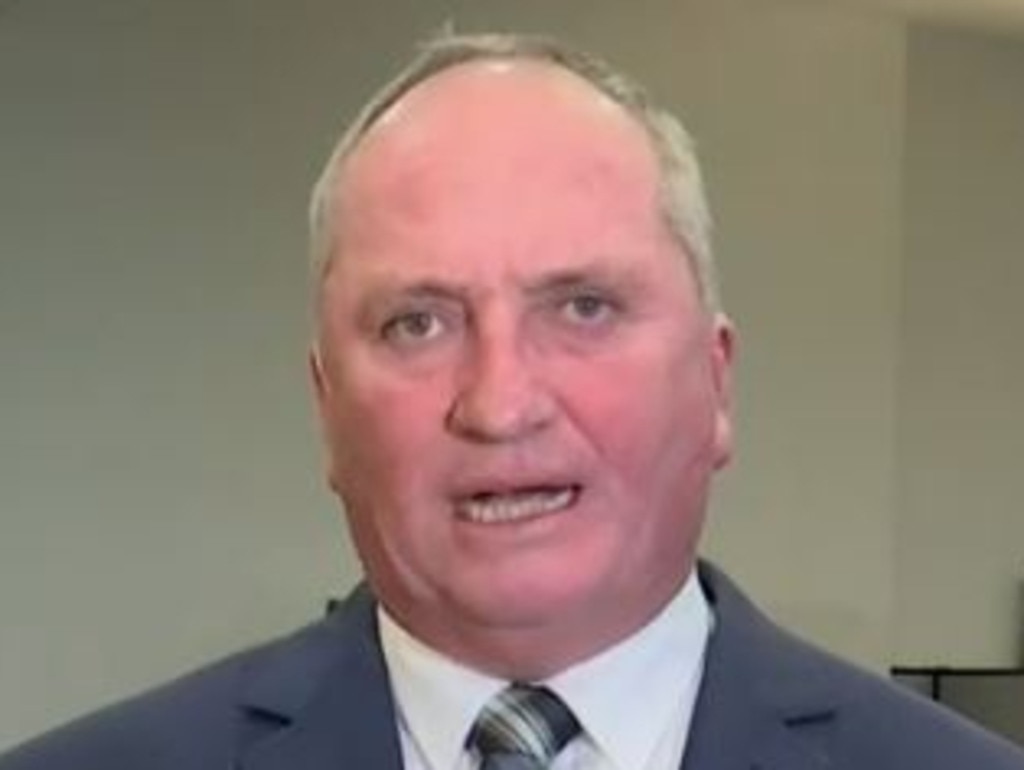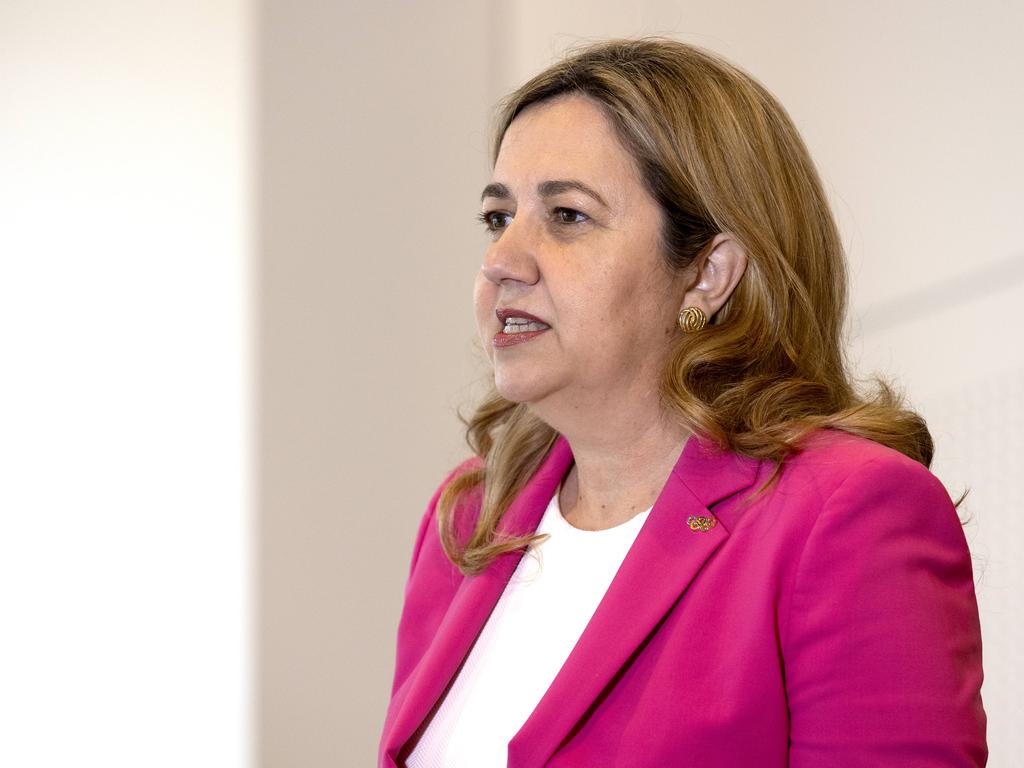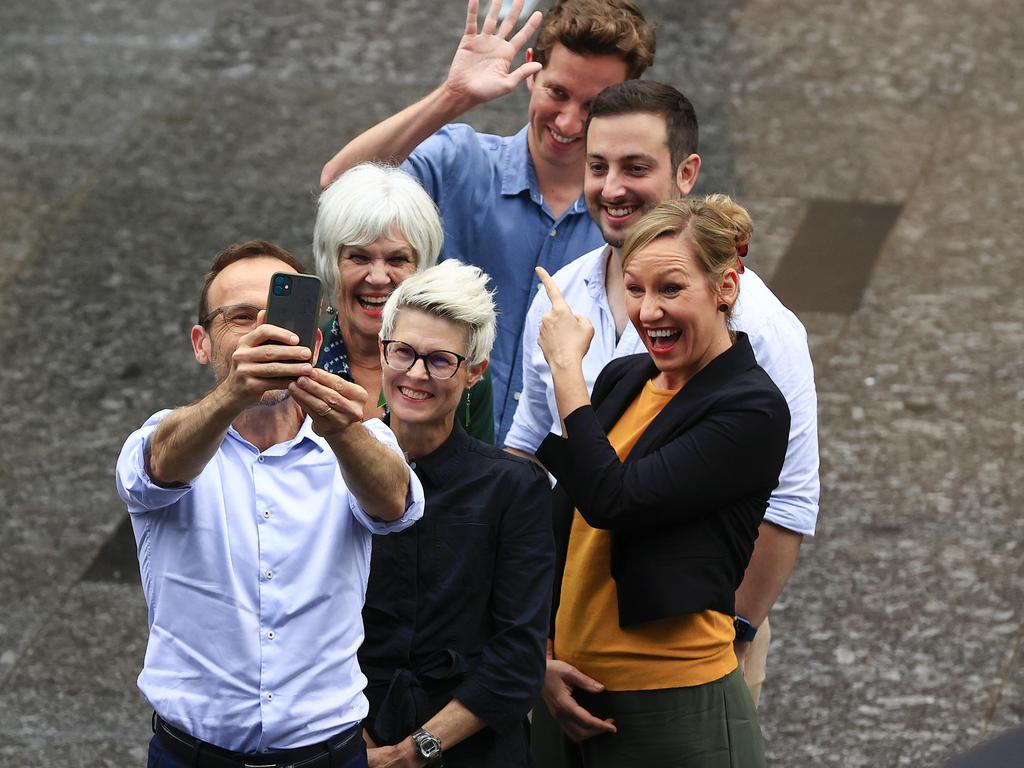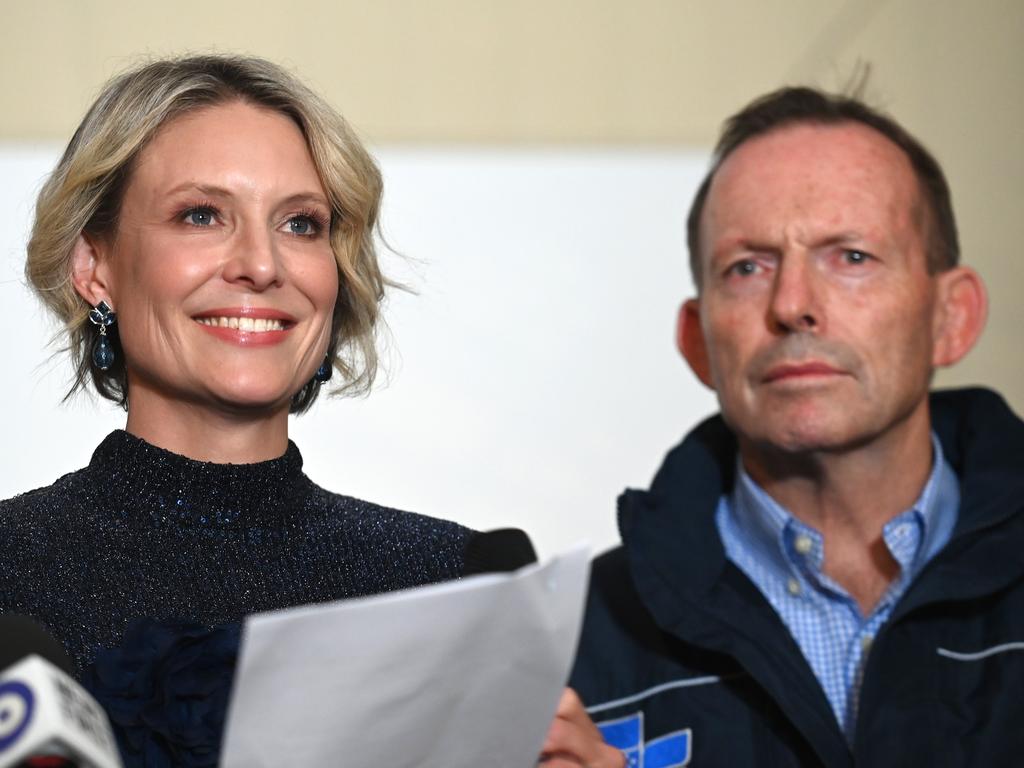Election 2022: Opposition split over climate action
The opposition is divided on whether to accept Labor’s mandate for a 43 per cent emissions-reduction target by 2030 after the teal revolution cost the Liberals up to six seats in the inner-cities.

The opposition is divided on whether to accept Labor’s mandate for a 43 per cent emissions-reduction target by 2030 after the teal revolution cost the Liberals up to six seats in the inner-cities where the Coalition was seen to have been dragging the chain on climate action.
Liberal moderates are now urging the party to scale up its 26-28 per cent emission-reduction targets by the end of the decade in order to stay electorally competitive, although they will face pushback from the dominant conservative faction and the Nationals.
With Labor having committed to legislating its 43 per cent target, the Coalition will need to decide whether to double down and oppose the deeper emissions cuts or wave them through parliament.
The Greens, on track to hold 12 Senate seats, have also refrained from saying whether they would seek amendments in the Senate but have flagged demands that Labor drop its support for coal and gas projects.
Nationals leader Barnaby Joyce on Monday threw the position of the Coalition on climate change further into doubt by arguing the net zero by 2050 target – which the Nationals reluctantly embraced last October – was no longer set in stone and would be returned to the Nationals partyroom for discussion.
NSW Liberal senator Andrew Bragg told The Australian on Monday the Liberal Party in opposition could not afford to have a new “culture war about emissions reductions”.
Senator Bragg said any discussion on climate policy should begin with the Liberals embracing a 40 per cent reduction in emissions by 2030 – the same position he adopted in a speech last year to the Investor Group on Climate Change. “That’s my starting point,” he said. “The opportunity for Australia to get to net zero and beyond net zero is compelling.”
Tasmanian Liberal MP Bridget Archer, who is on track to retain the marginal seat of Bass, also warned against a Right faction takeover of the Liberal Party.
“We need to bring the party back to the centre and not go further to the right. We need to make sure the party is brought back to a centrist position,” she said.
North Queensland Liberal MP Warren Entsch said the Liberals needed to “continue to grow our 2030 target”.
NSW Liberal Senate colleague Hollie Hughes said Anthony Albanese had refrained from talking about his plan to legislate a 43 per cent emissions-reduction target during the campaign. She said it would impose higher costs on critical industries.
“This sort of target must surely now guarantee the Labor Party plans to introduce a carbon tax in whatever way they want to name it which will have devastating effects on our resources sector,” Senator Hughes said.
Queensland Nationals MP Llew O’Brien also told The Australian his default position was not to support a 43 per cent emissions reduction target by 2030.
“I don’t think it’s good for regional Australia. I worry about the economic fallout of these things in regional Australia,” he said.
He was supported by the new Queensland Nationals MP for the seat of Flynn, Colin Boyce, who said a 43 per cent target would have a “significant effect on the mining and resources sector”.
Leading Liberal moderate Simon Birmingham has been the most senior voice to argue for more ambition on climate change but has acknowledged this would require the support of the Nationals for the Coalition to survive.
Mr Joyce said on Monday his preference was for the Coalition to continue rather than split, but said the Nationals partyroom would need to discuss climate targets.
“I’m gonna let the Nationals have their say in their party room in the next fortnight,” he said.
“After an election, on all policy, there is a discussion,” Mr Joyce added.
Greens leader Adam Bandt said Labor’s targets were weak and would be further undermined if coal and gas projects were not factored in.
“The main issue is new coal and gas,” he said. “The Labor-backed Betaloo Basin gas project alone would lift Australia’s emissions by up to 13 per cent, for example, but it hasn’t been factored into their climate targets.
“We want to work with Labor to ensure this parliament passes climate legislation, but if Labor keeps opening coal and gas projects, it’ll blow any chance of meeting Labor’s weak climate targets.”
Additional reporting: Sarah Ison







To join the conversation, please log in. Don't have an account? Register
Join the conversation, you are commenting as Logout